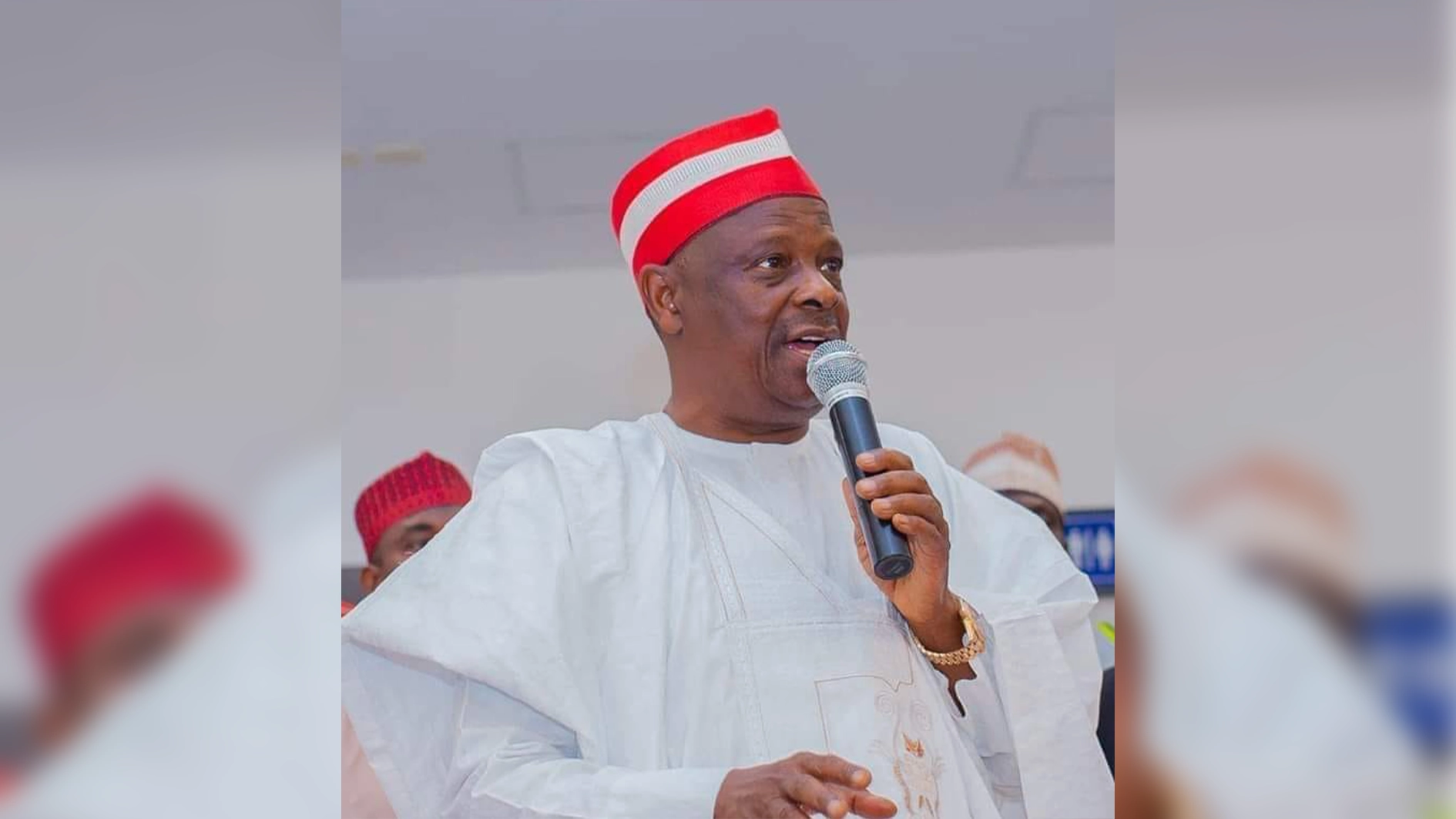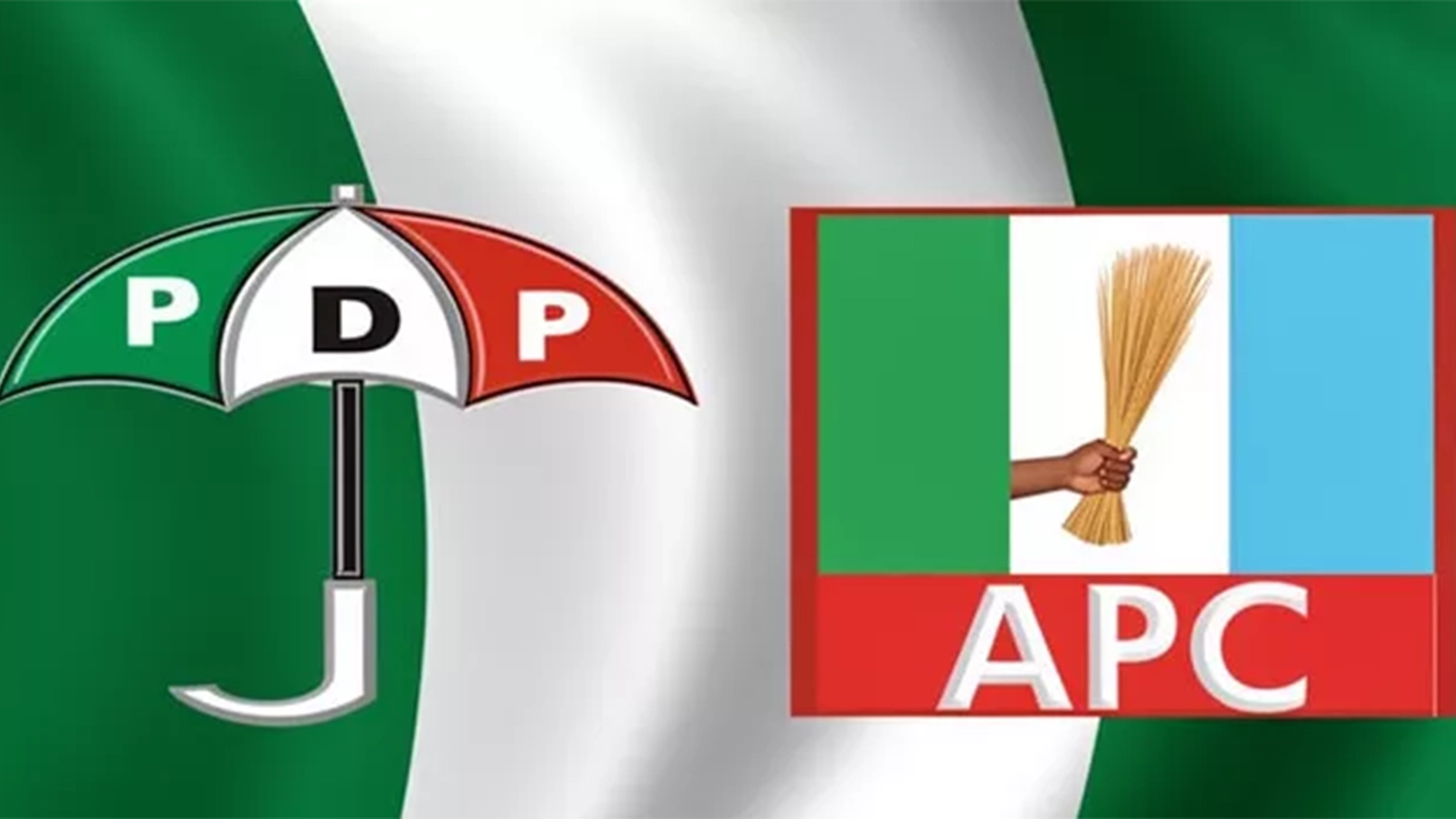
The President of the Nigerian Economic Society (NSE), who is also a member of the Monetary Policy Committee (MPC) of the Central Bank of Nigeria (CBN), Prof. Adeola Adenikinju, in this interview with ROTIMI AGBOLUAJE, spoke about President Bola Tinubu’s economic policies, and the need for the National Assembly to align the 2025 budget for pro-poor targets.
Since the advent of his administration in May 2023, President Bola Tinubu has implemented some economic reforms, such as removal of petrol subsidy, floating of naira, among others, in order to reposition the country. Have these reforms achieved the desired outcome?
They are going to have the mid-term impacts and then the long-term impacts. But basically, the two policies are in the right direction. In the last 30 years, I’ve been campaigning for the removal of fuel subsidy because it’s going to free resources for the economy, especially for the government to be able to develop, to embark on developmental programmes and projects. But more importantly, my view is that it’s going to also open up the market for investments. I usually cite the example of the telecommunications sector. Before 1999, when the telecommunications sector was liberalised, it was one of the least sectors in the economy, almost out of the 43 sectors. But look at what has happened now. That sector is the biggest single sector in the Nigerian economy, once you take out agriculture.
The steps will infuse a lot of investment, and we’re starting to see that. Private sector operators are competing and want to set up refineries because they do business and make money in the sector. Huge investments are coming into that sector because now investors will find it easier to make profit.
So, in the medium to long term, I see removal of the subsidy benefiting directly the petroleum sector, and indirectly other energy sectors. One can see now what is happening to renewables. A whole lot of households are putting up inverters and solar home systems. Businesses are going solar, because now the prices of the energy products are right. So, they’re now looking at what will be more effective and efficient. That will allow for penetration of the renewable energy sector.
Despite the positive sides of the policies, Nigerians are still suffering. Where is the missing link?
It is even deeper and crushing. The policy is good in terms of efficiency but in terms of equity, in my view, that policy has not been appropriately implemented. When you remove subsidies, especially fuel subsidies, literature shows that the poor people are going to be affected.
Therefore, you must put in place compensatory mechanisms to cushion its effects. That can come in various forms. You could do direct cash transfers, where there is a register. Where there is no register, the country could target the items the poor people consume and provide some support for those kinds of consumption. These include the mass transit system, public schools, and primary health centres where the poor people go in order to alleviate their burdens. The President has focused more on the efficiency part of that policy, which is positive but the equity part has not really been addressed.
What do you mean by the equity part?
I’m talking about the humanity aspect, and the suffering the poor are passing through. They face high prices for everything, including transportation and they have become vulnerable. So, that is where the government has to come in and provide some support to mitigate the suffering. We have not done that well.
Are you linking the vulnerability of the masses to the recent tragedies in some parts of the country, where many people, mostly children died during stampedes to collect free food items and other freebies?
The shocks that we have seen in the last couple of months have been very significant. The austerity shocks from the removal of energy subsidies, and food inflation are very significant. Within a very short time, people are already vulnerable. We are exposed to shocks, which are very huge. So, a lot of poor people are struggling to survive. As a result of these, any effort to give some consolation, succour and support, people will rush there. If you invite 1,000 people to such a place, 10,000 or more will show up, because there is poverty in the land.
The second part is that we have not done well in terms of the organisation, planning, involving the security personnel, and so on. It’s a lesson in the sense that when you want to organise programmes to give support, it must be done in a way that will not pose threats to lives. The organiser can target some schools and go there directly to give them some support where you don’t have this large crowd.
Your submission seems to align with the position of the Peoples Democratic Party (PDP), and former Vice President Atiku Abubakar, that the stampedes were the consequences of anti-people policy of President Bola Tinubu?
I’m not going to align my view with that of the PDP. I’m not interested in politics. I’m talking about the facts on the ground and what is very clear. The World Bank reports show that millions of people have joined the poverty line. The inflation rate, the poverty level, and other indices are there for all to see. The PDP doesn’t have to say that. It is clear. The data is there. It’s also incumbent on those who are planning, and organising this kind of event to be proactive going forward.
Against the backdrop of calls to reduce the cost of governance, President Bola Tinubu during a recent media chat said he would not reduce the number of his ministers. What’s your take on this?
When the ministries and ministers were announced, I was not one of those who felt that it was too large. This is because it’s going to be about cost and benefits. In what the president has done, you will see that there are some new ministers that are very important, that the president was trying to give some level of autonomy to. Now, if the ministers have not done well, it wasn’t because the vision was not good. For instance, having a minister in charge of culture is a good thing. The country can rake in some revenue because a lot of foreigners visit Nigeria in December, Nigeria’s music, food, films and others are all over the world. So, there are some of the ministries that were created from the old ministries that were supposed to provide impetus for development, growth, and create some opportunities for some of these new sectors.
However, I also still believe that there are areas of inefficiency and waste that we have to address. That’s why the National Assembly must be very careful in looking at the budget. The lawmakers must ensure that no item is repeated. They must make sure that items in the budget are in line with our priorities, expenditures are expedient and for the general benefits of Nigerians, and net gains to the economy.
In the recent cabinet reshuffle, the president made some changes, including the scrapping of the Ministry of Niger Delta Development. How strategic was that action?
I believe that we must anchor government policies on a long-term vision. There must be a development plan. A development plan will clearly articulate where you want to be in the long term, and how you structure your resources in order to be able to achieve that. It is important that every institution or organisation that is created must go through some level of assessments and evaluation to be sure that they are going to deliver something positive. We need to do a reassessment in terms of achieving the same objective of improving the welfare of those who live in the Niger Delta region.
The 2025 budget has been presented before the National Assembly. Can it address the challenges facing the country?
A single budget will not address the problems of Nigeria. Some of these challenges are legacy problems. The budget is under review by the National Assembly. The National Assembly has a role to play in scrutinising its elements, and to ensure that the assumptions that underlie those projections are consistent with reality. They have to ensure that, in terms of priority, they represent the people’s interest. I think that this budget is ambitious, and necessarily so. I’m not against that, because w/hen you look at it in real terms, and compare it with smaller countries, the budget size is small. We need to be a little bit more ambitious as a people. That also means that the country needs to be very creative in terms of generating resources that will fund the budget, and create those resources in a way that will not impose burdens on those who are already poor.
The country must ensure that the wealthy are not able to avoid taxes. People who have appetite for luxurious and ostentatious goods, let them pay more. We need to learn from countries like South Africa, where the very rich people, the very wealthy are the ones who take a lot of the burden of tax payment. So, we must be very creative in terms of how we look for those taxes to fund the budget. We also must ensure that we have economic growth. When the economy is growing, the income level will go up, and then there will be more opportunities for taxation to fund the budget.






